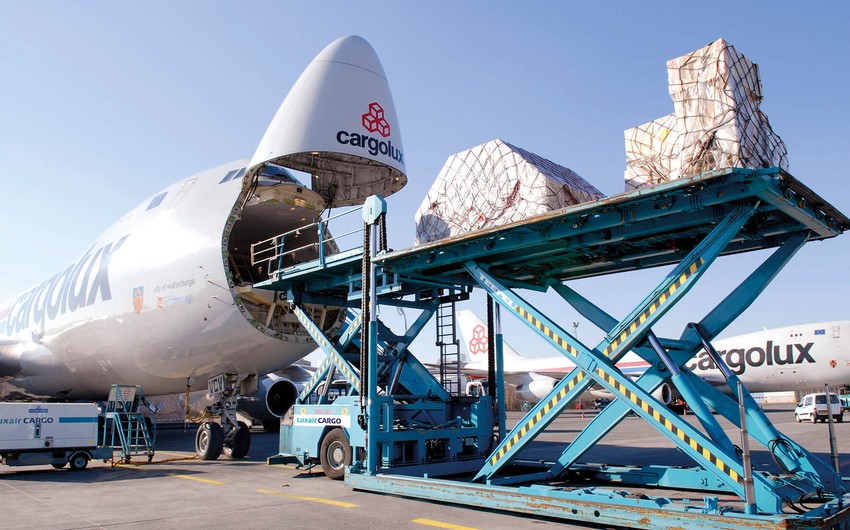Cargo is an essential revenue source for airlines and airports throughout countries participating in the Asian Development Bank's (ADB) Central Asia Regional Economic Cooperation Program (CAREC).
The sharp decline in passenger traffic during the pandemic has further increased cargo's importance and led to some airlines increasing their cargo capacity.
This is an opportunity for CAREC's aviation industry to further invest in cargo capabilities, providing a foundation for long-term growth. Before the COVID-19, a majority of air cargo flew in the bellies of passenger aircraft. The steep reduction in passenger flights has led to a significant decrease in overall cargo capacity globally as well as in CAREC.
Total air cargo volumes will therefore decline in 2020. The International Air Transport Association has reported double-digit monthly reductions in cargo tonne kilometers every month since March. However, the decline in cargo traffic so far this year is much less than the decrease in passenger numbers due to a significant increase in cargo flights. Higher air cargo yields also have helped boost cargo revenues.
While global cargo volumes were down in 2020, some CAREC airports have experienced a significant increase in cargo flights since the start of the pandemic due to their strategic location.
As cargo flights between Asia and Europe have increased, more aircraft have been stopping in CAREC countries to refuel and change crews.
Prior to the pandemic, CAREC airports handled around 800,000 tonnes of air cargo. It represents about 1.3% of global cargo traffic.
Azerbaijan and Pakistan particularly have large cargo markets. Pakistan reported handling 330,350 tonnes of air cargo in the fiscal year ending June 2019, while Azerbaijan took 206,400 tonnes in calendar 2019.
Kazakhstan is the third-largest cargo market in CAREC, with at least 80,000 tonnes handled in 2019. Uzbekistan is the fourth largest market, with an estimated 70,000 tonnes handled in 2019. Afghanistan and Turkmenistan are small markets for cargo transportation.
Azerbaijan reported a more than doubling of air cargo volumes for the first eight months of 2020 to 277,000 tonnes. During the pandemic, Azerbaijan and neighboring Georgia have both been famous for handling cargo flights with medical equipment heading from the PRC to Europe and the Commonwealth of Independent States.
Air Astana and Uzbekistan Airways have removed seats from 767 passenger aircraft to generate additional cargo capacity. Several airlines have also seen using passenger aircraft to carry cargo by placing cargo on top of seats and in the overhead bins as well as in the belly.
CAREC airports and governments should further invest in cargo facilities to help attract more transit cargo and support exports. Cargo is generating critical revenues for airports and airlines during this difficult time. With the right strategies, the load could become an even bigger revenue generator for CAREC's aviation industry and help stimulate trade.
CAREC governments should also pursue full liberalization of the air cargo market to facilitate air cargo growth during and after the pandemic. Air cargo services generally operate under a more liberal regulatory environment than passenger services—both in CAREC and globally.
However, further liberalization would help CAREC countries recover economically and make the movement of goods, including perishable food, more comfortable during the current challenging period.


 https://static.report.az/photo/dd30d790-2907-3d72-be3e-0f2a70dd1281.jpg
https://static.report.az/photo/dd30d790-2907-3d72-be3e-0f2a70dd1281.jpg

